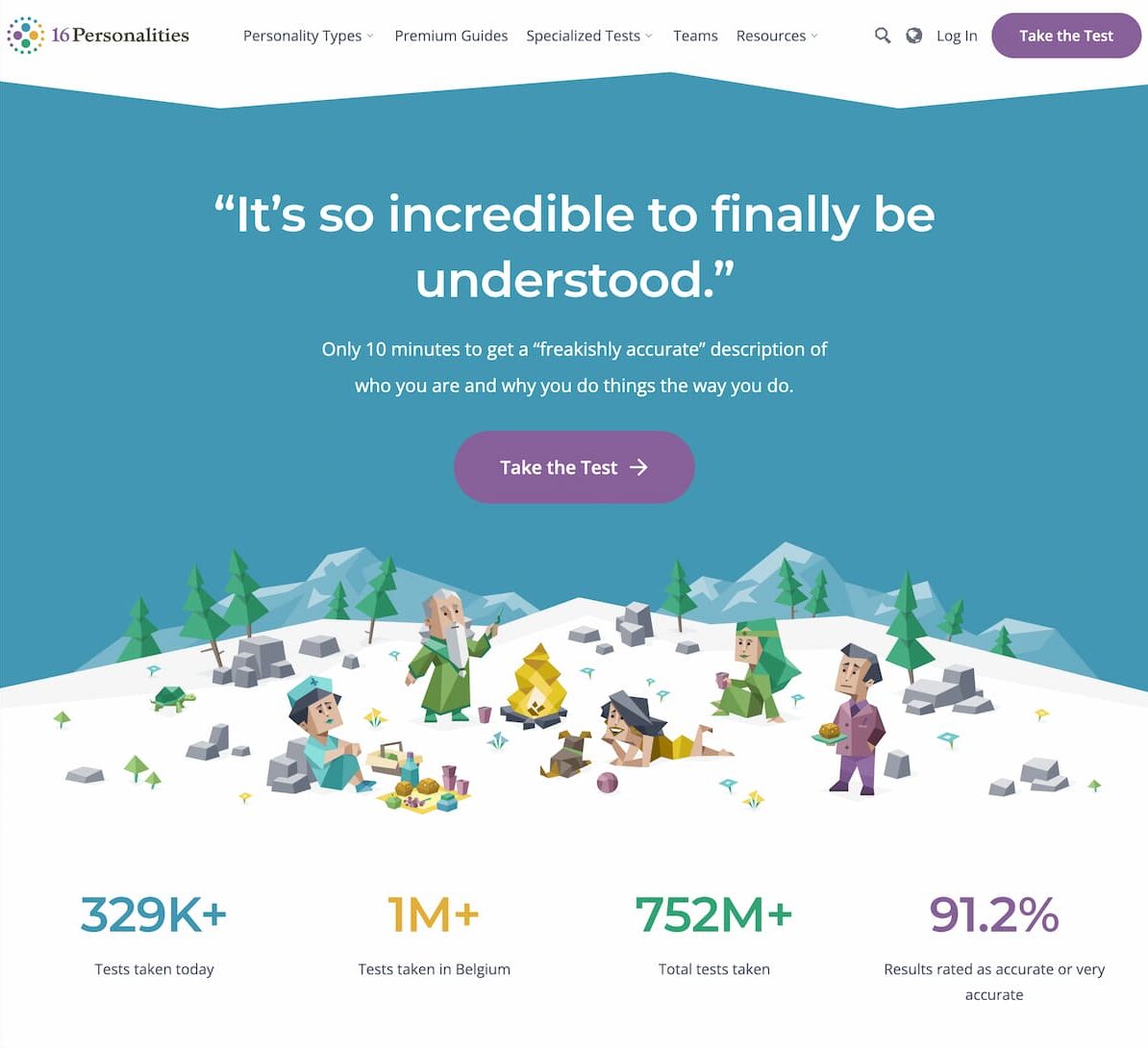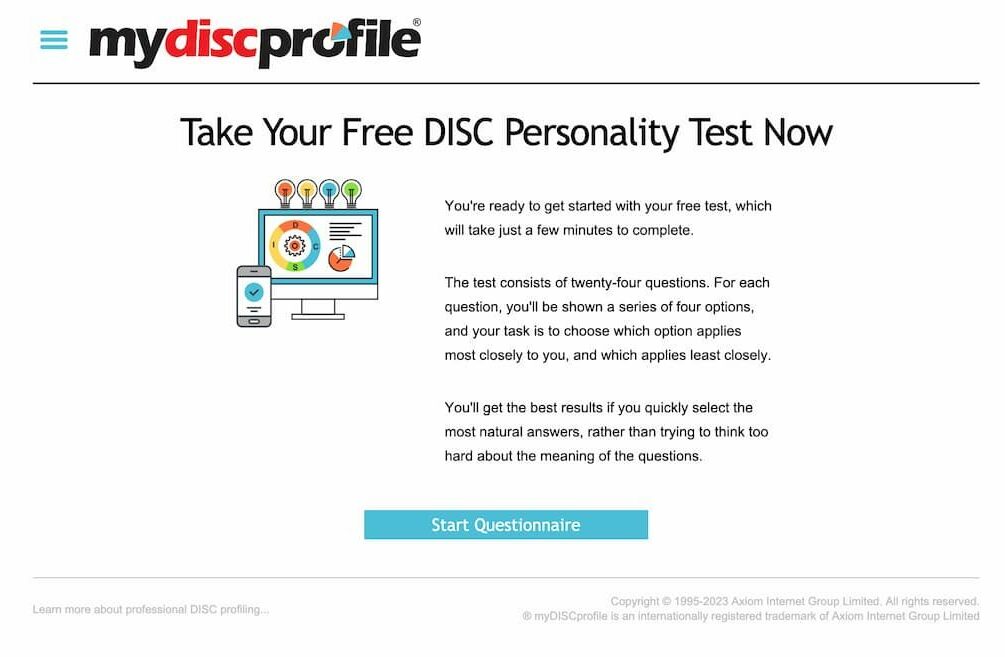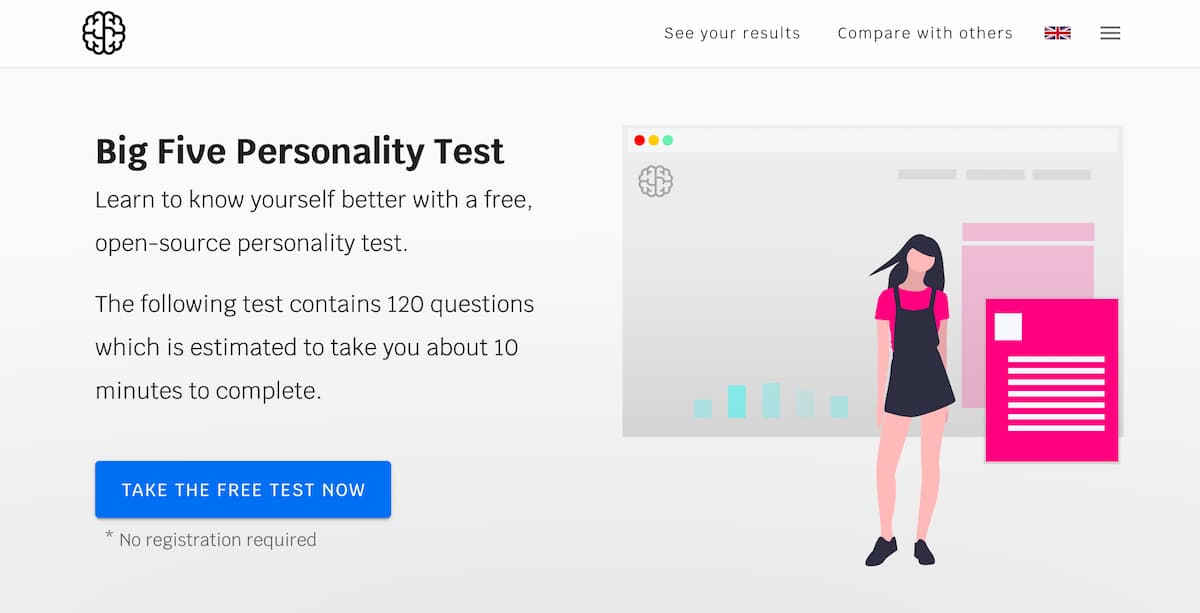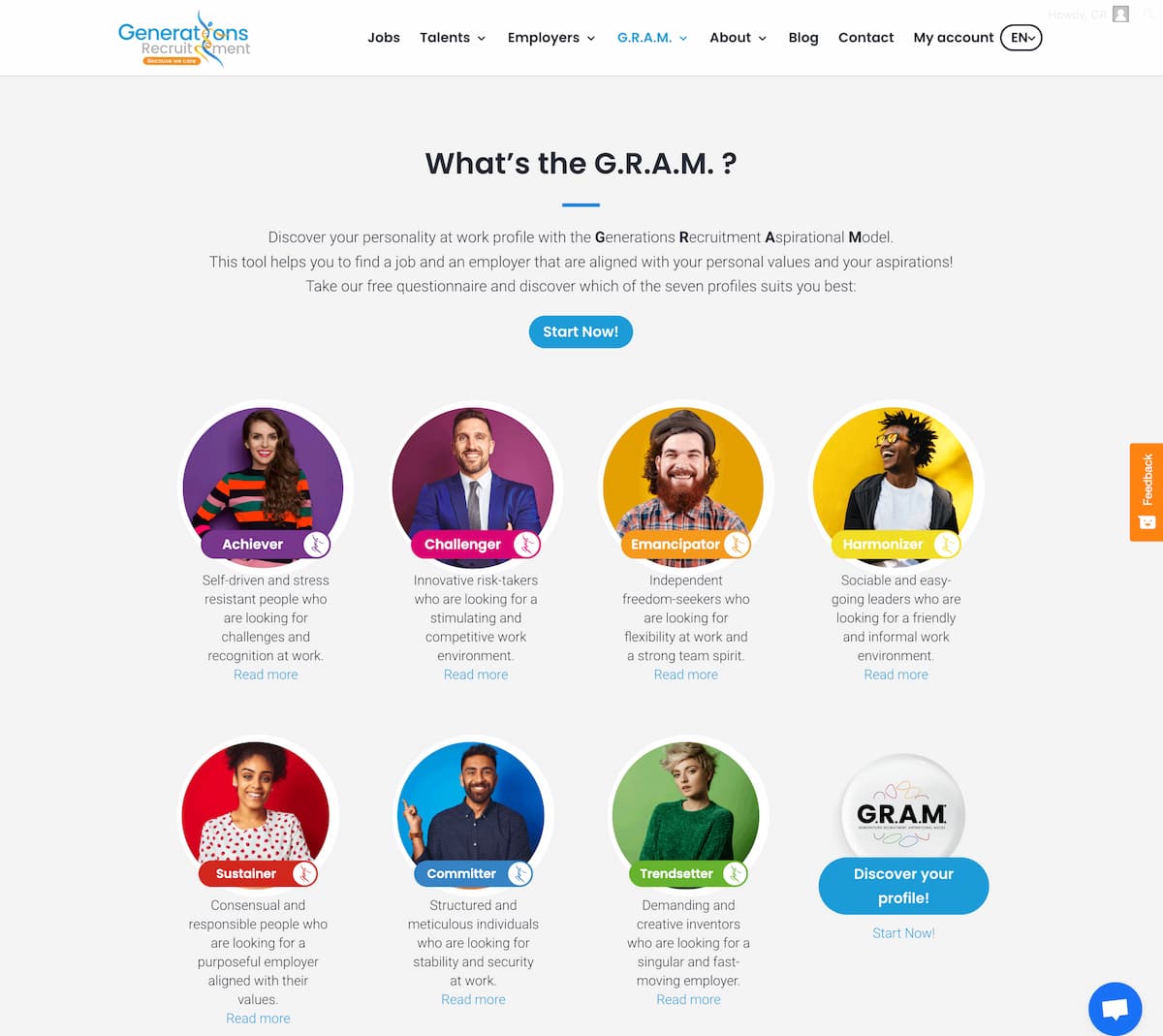
Personality tests: the key to successful recruitment?
Did you receive a positive response to your application for that exciting vacancy? Great news! Recruiters will now invite you for a face-to-face or digital job interview. More and more organizations will also ask you to perform a personality test. But why would they do that? And from which test do they actually obtain useful information? We’ll tell you all about it.
Predicting your work behaviour
Employers use personality tests to determine a candidate’s suitability for the job. One example is the world-famous MBTI test, which identifies 16 different personality types. The results of the test give insight into how you perform and behave in a work environment, as well as what your strengths and areas for improvement are. Afterwards, the employer determines whether you are the right person for the job position.Top 3 Personality Tests
Nowadays, there exist quite a few personality tests. We list the most common ones below:1. MBTI-test
Katharine Cook Briggs developed together with her daughter Isabel Briggs Myers the Myers-Briggs Type Indicator, also known as 16personalities. After completing the MBTI, you are assigned one of 16 personality types which shows whether you are more extroverted or introverted, sensing or intuitive, thinking or feeling and judging or perceiving. Although the MBTI is based on the ideas of Swiss psychiatrist Carl Jung, many people feel that the results put you in boxes. There are also doubts about the reliability of the test, as individual preferences can change in a short period of time due to certain circumstances.
2. DISC-test
William Marston, psychologist and contemporary of Carl Jung, developed the DISC method. The method analyses how you behave towards others. You are given four statements at a time and have to select which description fits you the most and the least. In each case, the statements are divided according to the four DISC factors: dominance, influence, stability and conscientiousness. After completing the test, you receive a chart displaying your personal DISC profile that shows the DISC factor your personality tends towards the most.
3. Big Five test
During a study, Raymond Christal and Ernest Tupes arrived at the five most important dimensions of a person’s personality, which led to the Big Five test. The Big Five are:- agreeableness
- conscientiousness
- extraversion
- neuroticism
- openness to experience
Similar outcomes
Although the Big Five test is already slightly more reliable than the MBTI, each personality test leads to roughly the same outcome. This gives employers and recruiters an idea about your personality, but it does not prove whether you will do a particular job well. Also, your personality grows with age. You might complete a personality questionnaire differently today than you did a year ago, for example.What do you seek in a job?
Besides your personality, employers should also attach importance to your needs. What kind of business environment would you like to work in? What kind of employer or manager do you desire? How do you stay motivated in your job? What makes you work productively? What does your dream job look like? These are all questions that benefit employers since they wish to hire someone who has the ambition to stay in their organization for a long period of time.Find a job that matches your personal values thanks to “The G.R.A.M.”
The Generations Recruitment Aspirational Model or ‘The G.R.A.M.‘ is a tool you can use to explore which job or employer aligns with your personal values and professional goals.
By completing some questions, you will discover how you perform at work and how you can contribute to a company. You will also find out what your ideal work environment looks like. What are the values of the employer you would like to work for? Which company structure do you prefer? In which working atmosphere do you feel motivated?
The test indicates which of the 7 ambition profiles currently suits you best:
Your profile will appear in a chart with two axes. The vertical axis runs from expanding to controlling. The horizontal axis runs from standing out to belonging. This gives you insight into a job that suits you. Maybe you are attracted to a marketing job, or possibly you feel more comfortable in a social job where you help others.
Discover which job matches your values, ambitions and motivation
Before you start applying for a job, it is good to know whether the job and the employer match your values and ambitions. Therefore, you can perform the G.R.A.M. for free. By repeating the test regularly, you can monitor the evolution of your professional needs. Are you looking for a job and work environment that is right for you? Feel free to make an appointment with our recruiters.

Projet Manager & Recruitment Consultant | Generations Recruitment
Don’t forget to share!
[ss_social_share networks="linkedin,facebook;instagram,twitter" align="left" shape="rounded" size="regular" labels="none" spacing="1" hide_on_mobile="0" total="0" all_networks="1" inline_total_style="separator" total_share_placement="left" hover_animation="ss-hover-animation-fade"]






